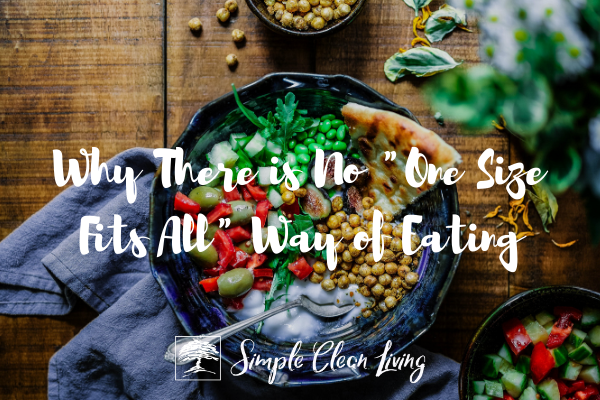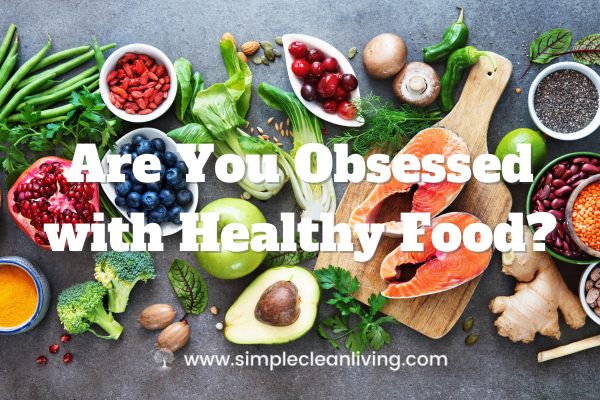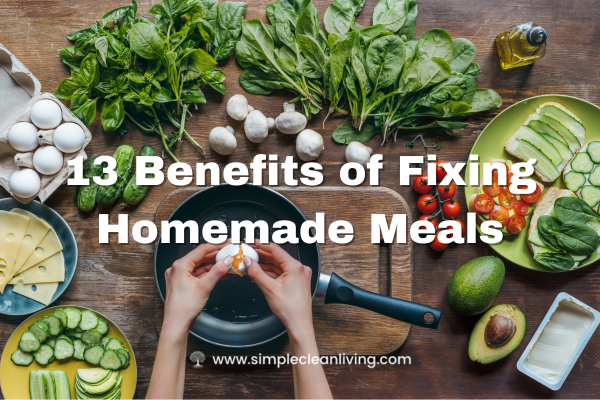Notice: I’m an affiliate for Amazon as well as other companies. Any links in this article may be affiliate links. I always appreciate it if you purchase something using my affiliate links. Doing so helps me to raise a little extra money that pays for the costs of running this site. And it allows me to continue bringing you quality content, all without costing you a thing! Thanks!
If you spend time on social media you will undoubtedly see friends or family members discussing the latest diet they are on. And there are plenty of different ways of eating, that’s for sure! Of course, all of them have a large group of followers who swear that their way of eating is the only way to eat. Often they will do everything they can to convince others to make the switch to their preferred “diet”. Low carb, keto, paleo, vegetarian, vegan, or other, followers often believe that their diet is a “one size fits all” approach to food.
I’ve not only experienced this in my life with friends and family members, but I’ve experienced it online as well. It’s not uncommon for someone to come to my social media page and attempt to convince me to try a specific way of eating. They sometimes tell me I’m wrong for eating the way I eat as well. Food shaming is the worst! And shaming is all based on a belief that is limiting us!
There is no one size fits all approach to different nutritional needs
Here’s the problem with having a mindset that there is one correct way to eat. We are all very unique individuals. Not only do we each have our own food preferences, but we are also very different genetically. And your genes may contribute to you needing different macronutrient levels than other people. What works for you may not work for someone else. And that’s okay!
I have one family member who talks about feeling better when eating more vegetarian meals and less protein. I have friends who swear by how great they feel when eating low carb with more fat and protein and far fewer carbs. And I personally feel much better when I eat mostly plant food with a good amount of healthy fat and a little animal protein each day. I don’t thrive when I eat a large amount of protein. It makes me feel yucky. I also don’t thrive when I eat no animal protein. I get very tired and “angry”, even when including plenty of heart-healthy fats. But it’s taken me time to figure out what works best for my body.
Listen to your body
You need to honor your body and spend more time listening to it. It’s up to you to take the time to find what foods work best for you. And you need to eat in a way that is sustainable. Your way of eating should always be a lifestyle and not a short-term “diet”. That’s where many people fail. If you are eating in a way that makes you feel the need to “cheat” regularly, then you may need to think about whether that way of eating is really working well for you. While it’s okay to occasionally have a meal that is outside of your healthy food lifestyle, if you are regularly eating sugary foods, fast food, and junk food, then your body may be telling you that it’s needing nutrients that it’s not able to get on your current diet.
Listen to your body and honor what it’s telling you! It constantly gives you signs, but you must take the time to recognize them! I always recommend a diet filled with whole food ingredients, no matter which way you choose to eat.
Sharing info on whole foods
I’m not a registered dietician, so I will never tell you exactly what foods to eat. My goal here is to help people start making better food choices by moving from a diet filled with highly processed foods to one that contains primarily whole, unprocessed foods.
Of course, I’m also creating and sharing plenty of healthy, whole-food recipes. My hope is that the recipes I share will help make it easier for you to prepare and eat more nutrient-rich foods that will help you to thrive! I believe that eating well never needs to be hard! These recipes have worked well for me but may not work for you. It’s up to you to listen to your body. It will give you clues as to which whole foods work best for you and which don’t. And don’t force yourself to eat foods that you really don’t want to…even if they are healthy!
But it’s really up to you to find a food lifestyle that you can stick with and that supports your body. The food you consume should be helping you to thrive, not making you sick!
How do you discover what foods work best with your body?
If you’re already working with a nutritionist or registered dietician, then this should be easy. Talk to them about what whole foods are best for you to incorporate and what should be avoided or reduced according to any health issue you have.
If you are just wanting to discover the foods that help you thrive, then keep a food journal. In the journal you can detail what you ate on a given day and jot down how you felt at different times after eating that meal. This can also help you document any symptoms that rise up after eating to help you uncover foods that may be impacting your health negatively. After a few weeks of food journaling, you should be able to see patterns in how you are feeling. This will help you to target the foods that are nourishing to your body and those that have a negative effect on your body!
It’s time to begin honoring your body and what it’s calling out for. Listen to it and begin to discover foods that help you to feel great! Remember that the belief that there is a one size fits all way of eating that works for everyone are a limiting belief. We are all different and what works for someone else won’t work for you. Listen to your body and allow others to do the same!




